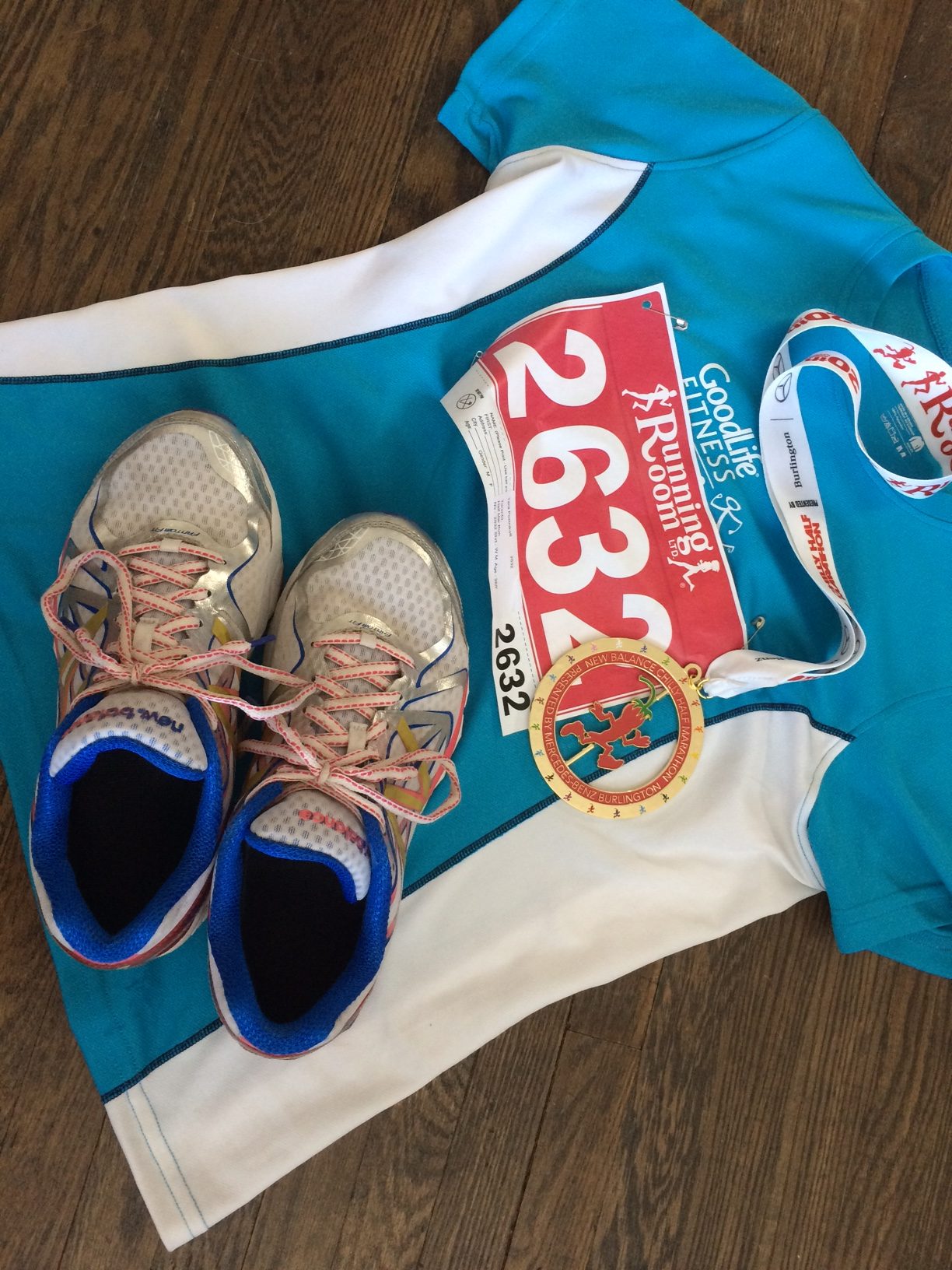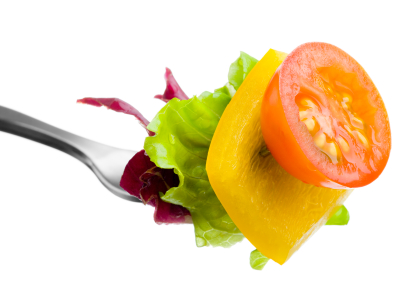
Train for your goal this spring!
February 2, 2016
27th Half Marathon
March 6, 2016As we enter early February most athletes enter a Base Phase of training. This phase of your annual training plan is key for re-establishing an aerobic base and setting the stage both mentally and physically for the upcoming season. This phase is less intense than what most athlete like to do and some struggle with the monotony of the workouts, but you are now completing purposeful workouts.
Compared with some of the other phases of your training program the volume and intensity isn’t usually all that high, so there usually isn’t a need to consume a high calorie diet yet. In fact post holiday season some of us might need to eat a little less. I’m not suggesting scrimping on calories, but rather than thinking about calories start thinking about whole foods that are nutrient dense such as vegetables and fruits.
5 Tips to Eating Well in the Base Season
Ditch the energy bars, and sports drinks as meal replacements. These high sugar snack are not needed in your base season for most athletes. While you may be able to burn off those extra 200-300 calories of sugar it isn’t going to help your health or your long term performance goals as you are actually depleting your body’s store of nutrients to deal with the sugar surge. Not to mention most are no more than over-priced glorified chocolate bars.
Nutritionist Tip: Reach for actual food for snacks between meals- such as a handful of raw almonds (approx 20 pieces) and a cup of raw vegetables to keep you full and your blood sugar balanced.
Get Cooking. If you have extra time on your hands put them to work and get back in the kitchen preparing your own healthy non-packaged, non-processed foods. Practicing in the base-season will help build a good habit that you can hopefully continue when your training picks up.
Nutritionist Tip: Healthy food doesn’t have to be bland or boring. Experiment with herbs and spices to create your own culinary masterpiece.
Stay hydrated. Even though you’re not spending hours hitting the pavement or riding the roads, you still need to maintain proper hydration for optimal health, not to mention that it is dry and cold in the winter (in Canada) and that will increase your need for water. Water is critical for transport of nutrients, elimination of wastes, joint lubrication, and a healthy immune system.
Nutritionist Tip: Aim to drink the amount of water equal to half your body weight (lbs) in ounces of water and herbal teas, taking in about half -to-3/4 cups of water per hour while awake. Monitor the colour of your urine as a marker of good hydration. Look for a clear champagne colour.
Eat breakfast. Just because you’re not training as much doesn’t mean you can skimp on breakfast. You still need to fuel your body for a days work and life activities.
Nutritionist Tip: Start your day off right with a meal rich in protein and health fats vs all carbohydrate if you don’t have an early morning workout scheduled. Proteins and healthy fats will help you stay energized and more full longer and keep you off the blood sugar roller coaster that often accompanies sugary breakfasts. Try a vegetable based smoothie with an avocado or have a handful of walnuts with a bowl of fruit and 3 eggs.
Increase variety. As athletes we crave structure and organization, almost to a fault. Often the only thing that changes in our training diet is the flavour of our sports bars. Even if you’re eating a healthy meal, if you’re eating the same foods day in and day out you’re likely missing out on some key micronutrients by avoiding certain foods. Increasing the variety of the foods your eating will improve your health and decrease your boredom that comes with eating the same food.
Nutritionist tip: Rotate your diet to include different types of whole grains, lean meats, vegetables and fruits. Swap quinoa in for brown rice; fish for chicken breast; kale in for spinach; and follow what’s in season with fruits.
Are you looking for more specific help with your training diet? Contact Tara today to book your nutrition consultation today! Nutrition Services



